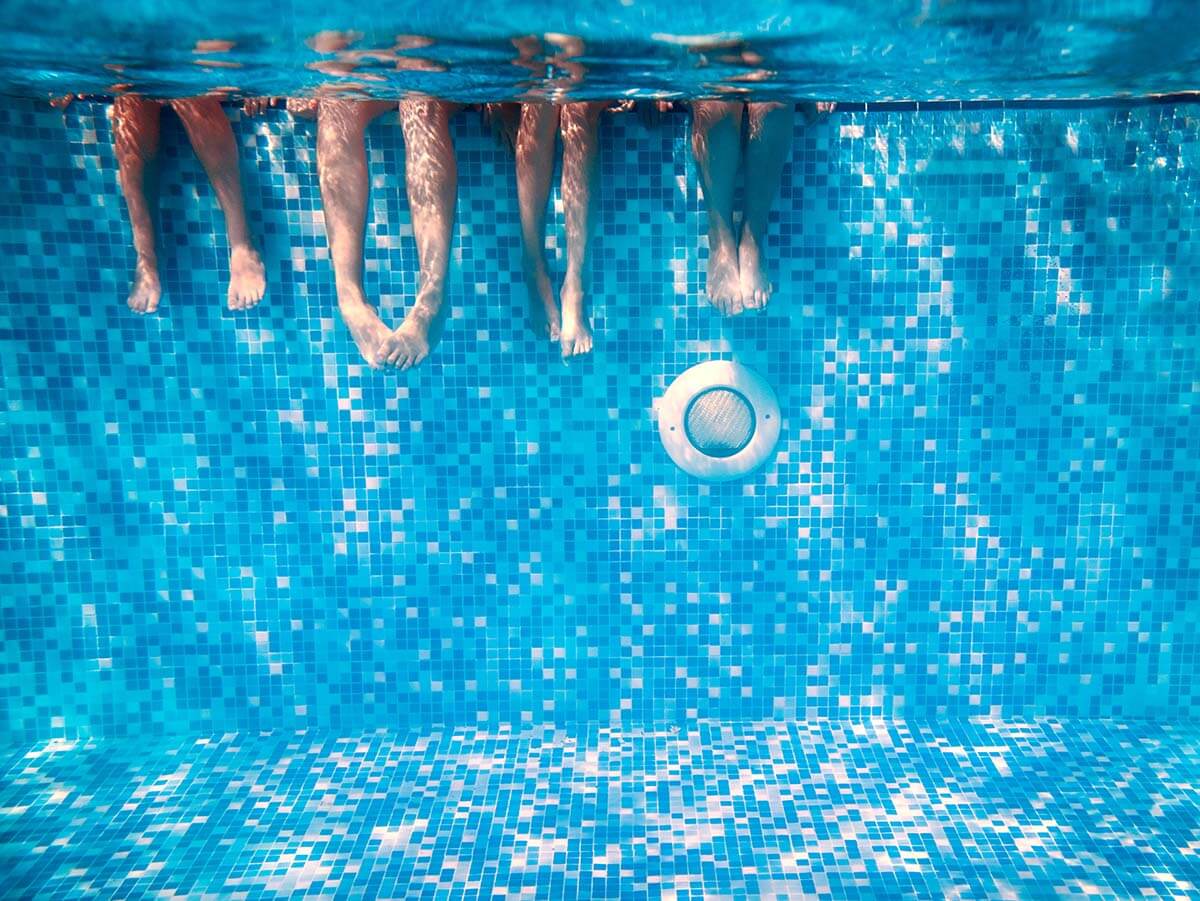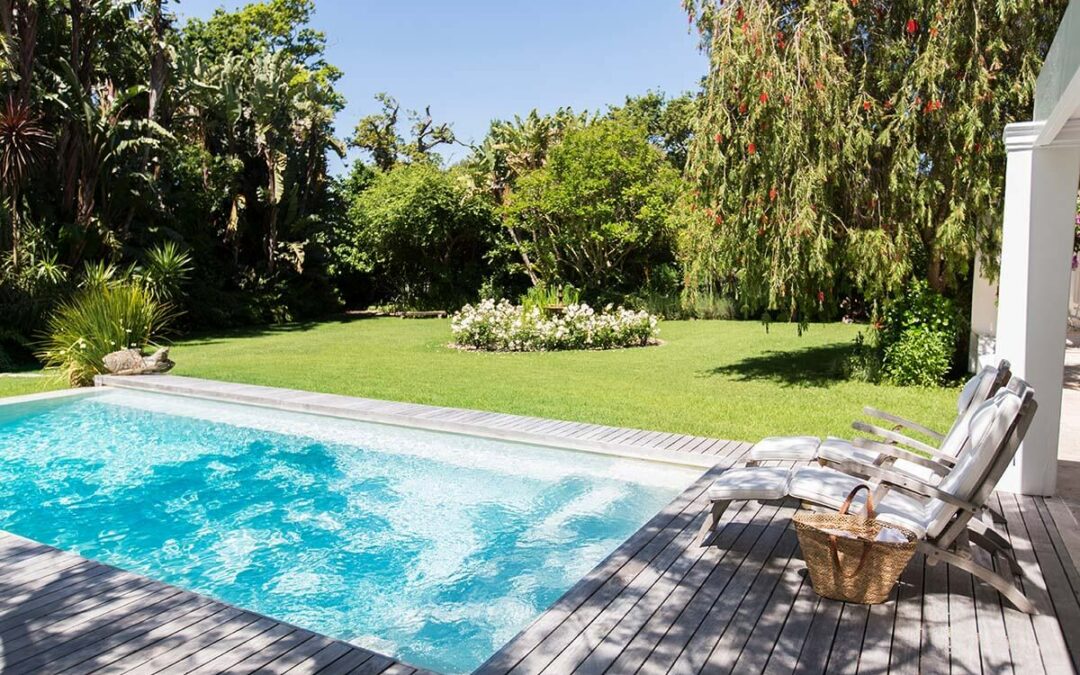Investing in a residential saltwater swimming pool offers homeowners a luxurious and low-maintenance alternative to traditional chlorine pools. These pools use a salt chlorination system, which converts salt into chlorine, providing a softer and more pleasant swimming experience. However, even saltwater pools require proper care and chemical management to ensure their longevity and cleanliness.
Chemicals to Use
While saltwater pools generate chlorine naturally, there are several other chemicals necessary to maintain optimal conditions:
Salt: Regularly check and maintain the salt level in your pool as recommended by the manufacturer, usually between 2,700 to 3,400 ppm (parts per million).
Chlorine Stabilizer (Cyanuric Acid): This chemical protects the chlorine generated by the salt cell from being broken down by sunlight, maintaining effective chlorine levels.
pH Balancers: Use pH increasers or decreasers to maintain a balanced pH level between 7.2 and 7.8. A balanced pH ensures effective chlorine sanitization and bather comfort.
Alkalinity Increaser: Maintain total alkalinity between 80 and 120 ppm to stabilize pH levels and prevent corrosion or scaling.
Calcium Hardness Increaser: Ensure calcium hardness is maintained between 200 and 400 ppm to protect pool surfaces and equipment from damage.
Algaecide: When necessary, use an algaecide to prevent and control algae growth.
Metal Sequestrant: Add a metal sequestrant to prevent staining and scaling caused by metals in the water.
Maintenance Tips
Proper and regular maintenance is crucial to ensure your saltwater pool remains clean, safe, and efficient. Here are some maintenance tips:
Monitor Salt Levels: Test the salt levels every week and add salt as needed to keep within the recommended range.
Regular Skimming and Vacuuming: Remove debris from the surface and pool floor to prevent the filtration system from becoming overwhelmed.
Clean the Salt Cell: Every three to six months, inspect and clean the salt cell to prevent calcium buildup that can reduce efficiency.
Test Water Chemistry: Use a pool test kit to test the water’s pH, alkalinity, chlorine, and calcium hardness levels at least once a week.
Superchlorinate: Periodically superchlorinate (or shock) the pool to eliminate chloramines and other contaminants. This should be done every few weeks or after heavy usage.
Maintain Filtration System: Keep the pool filter clean by backwashing or cleaning the cartridges as needed, usually every 4-6 weeks.
Inspect Equipment: Regularly check the pool equipment, including the pump, filter, and chlorinator, for any signs of wear or malfunction.
By adhering to these chemical guidelines and maintenance tips, homeowners can enjoy a sparkling, hygienic, and efficiently run saltwater swimming pool.

Call Deckside Pool & Spa
Give us a call and we will provide a custom quote to fit your budget. Even if you didn’t purchase your pool or spa or equipment from us, we can set it up for you, and service it too. Speak to any one of our friendly and helpful staff and we’ll set up an appointment to come onsite to help. 250-492-8168
Visit our showroom in Penticton to see our large inventory of spas and equipment, maintenance products and accessories. Bring your pool and spa questions to us. We have the answers.
Visit Us on Facebook

